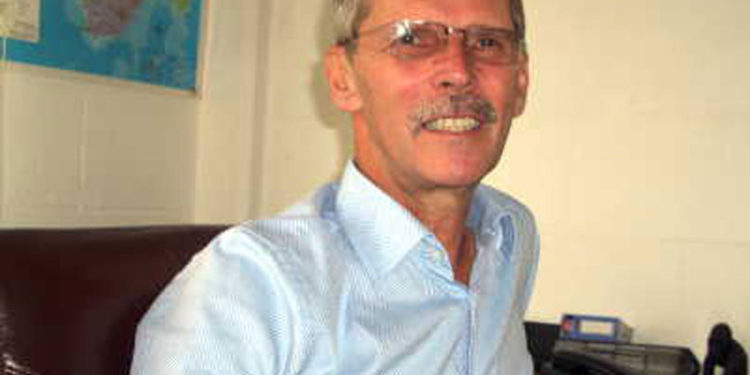UNAIDS has just released a report which shows the progress that Uganda has made in the fight against AIDS over the last decade between 2010 and 2020. The figures are impressive, showing that although we now have 1.4 million people living with AIDS, the incidence (the number of new cases) has reduced by 60%. In terms of meeting the 90 90 90 goals (90% aware of their HIV status, 90% on treatment, and 90% with complete antiretroviral suppression) Uganda is one of only eight countries who have met these targets.
This is great progress and kudos to the Ministry of Health, UNAIDS, the AIDS Commission, plus all the faith based hospitals, NGOs, and private hospitals which have played a role.
The current management of HIV is to put everyone on treatment as soon as they are found to be HIV positive. The advantage of this is that the person’s immune system remains intact, and when they have reached an undetectable viral load they cannot transmit HIV to others. However, it is essential that those on treatment take their medication regularly, which means that the whole system needs to work seamlessly.
Drugs must be imported and supplied to the clinics. Clinics must keep track of their clients and follow them up and clients must take their treatment regularly. If this system breaks down patients become resistant to the drugs, and we lose all the gains we have made.
Since 2019 all our attention and resources have been diverted to Covid, with the result that other health programs such as HIV have suffered. I was informed that, even in Ireland, cancer screening for early detection was neglected during Covid with the result that there has been a surge in later stage cancers. It seems that there are only a certain amount of resources to go round and the Covid pandemic has taken all our attention.
Since children have been out of school for almost two years now, we are hearing of increased cases of teenage pregnancy (which were already high). Very young girls are being impregnated at home, with the result there is an increase in girls getting HIV, and in complications during childbirth. In Uganda there have not been as many people attending clinics for routine appointments such as blood pressure and blood sugar checks because of the lockdowns. If those with high blood pressure and Type 2 diabetes do not receive their treatment regularly the result will be an increased number of early deaths due to stroke and heart attacks.
Uganda has generally performed well in administration of childhood vaccinations, but recently we have isolated a strain of polio virus from sewerage which indicates that we have a form of polio in the community which affects children with low immunity. It will therefore be necessary to redouble our efforts on surveillance, and on to carry out another polio mass vaccination campaign. We also need to ensure that the vaccination rates for other childhood diseases do not suffer, as seems likely. All of this is a challenge for our health services as we deal with Covid, which is taking up all our attention and resources. Obviously if we could get to the other side of Covid we would be able to concentrate on such programs, but the only way to avoid recurrent surges of Covid is to get vaccinated.
The good news is that since we have now received more vaccines this is possible, even for those outside the priority groups. Some western countries have reached 85% vaccination rates while we have barely achieved 10% due to severe vaccine hesitancy. This is a serious state of affairs, and while we know there are some side effects from vaccination, none of them are as bad as dying from Covid. It is now proven that the vast majority of deaths are in the non-vaccinated population, and while those who have been vaccinated can still get Covid they usually recover. So the best way we can get over this pandemic, and get our health services back to dealing with the other important issues is mass vaccination. As Professor Omaswa likes to remind us ‘Health is made at home and only repaired in the clinic’. We each have the responsibility to do what is right for our own health and encourage our nearest and dearest to do the same. Go and get your Covid vaccination, take your children for UNEPI vaccinations, protect and educate your teenage girls so that they don’t fall pregnant, ensure your fathers and brothers go for their BP and blood sugar checks and take their medication, know your HIV status and if positive take your ARVs regularly. In the final analysis, although we like to blame government for inadequacies in the system, our health is also our own responsibility.
Do you have a story in your community or an opinion to share with us: Email us at editorial@watchdoguganda.com













